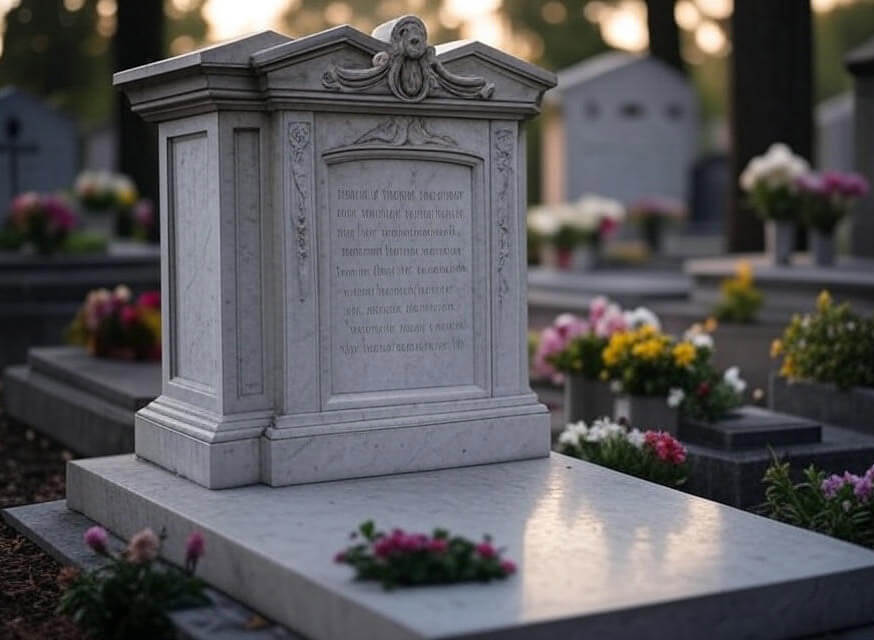What Are the Rules for Headstone Inscription?
When a family chooses a headstone, the words carved on it carry deep meaning. These words, called an inscription, share the name, dates, and sometimes a short message. Each country and each cemetery has its own rules. Understanding these rules helps families honor their loved ones with care.
Basic Rules for Inscriptions
Most cemeteries ask for three main things on a headstone:
-
Full Name – The legal name of the person, so records stay clear.
-
Dates – Birth and death dates, often written as “Jan 10, 1945 – Jun 4, 2020.”
-
Approval – The text must be approved by the cemetery office before it is cut into stone.
Some cemeteries allow short messages, but they need to fit in the space. For example, “Beloved Father” or “Forever in Our Hearts.”
Religious and Cultural Rules
Many cemeteries follow faith rules. In Christian cemeteries, crosses or Bible verses may be allowed. In Jewish cemeteries, Hebrew letters or the Star of David can appear. Muslim graves may use Arabic text or simple prayers.
In some countries, local laws also control what can be written. For example, in France, the mairie (town office) checks the words before approval. A family in Lyon once wanted to add a football chant to a headstone, but the mairie asked them to change it to a more formal phrase. This shows how public respect and private wishes must balance.
Style and Length
Inscriptions must be short, clear, and respectful. Most families choose between 15–25 words. Longer texts are harder to read and cost more to engrave. Stone workers often use abbr. like “b.” for born or “d.” for died. In military graves, “Pvt.” means Private, “Sgt.” means Sergeant, and “Vet.” means Veteran. These shortenings save space and follow tradition.

Material and Carving Rules
Granite is the most common stone because it lasts for many years. Soft stones, like sandstone, wear down faster. The depth of the carving also matters. Shallow letters fade, but deep cuts stay clear. Many cemeteries give guid. about font size, line spacing, and max. number of lines.
Legal and Social Facts
-
In the UK, the Church of England has rules that ban jokes or slang on churchyard stones.
-
A study from the University of Bath in 2018 found that 65% of British cemeteries limit the length of inscriptions.
-
In Germany, headstone words must be “würdevoll” (dignified). This is written in local law.
These facts show that inscription rules are not random. They protect respect and public order.
Human Side of the Rules
Behind every rule, there is a family. People want to show love, but they also want to follow custom. A daughter in Spain once wrote, “Te extraño, Papá” (“I miss you, Dad”). The stone maker advised her to keep it short, so it became, “Siempre en mi corazón” (“Always in my heart”). Even small changes keep the message personal and within the rules.
Conclusion
Headstone inscriptions are simple but full of meaning. The rules about names, dates, and words keep graves clear and respectful. From France to the UK, from Germany to Spain, each place has its own customs. Yet in every case, families still find a way to express love. A short phrase, a symbol, or even an abbr. can keep the memory alive for generations.
Read more: https://www.justhighstone.com/blog

